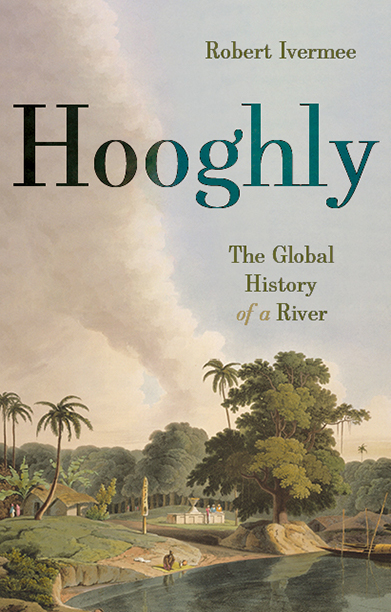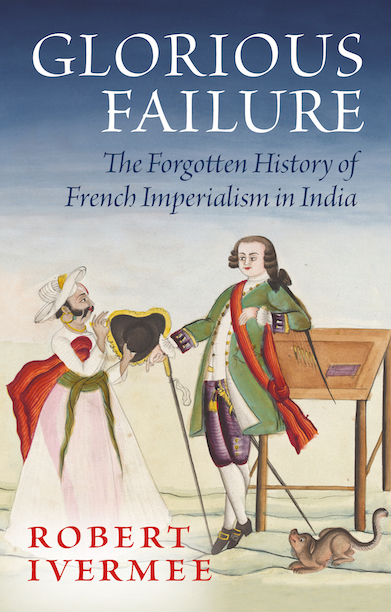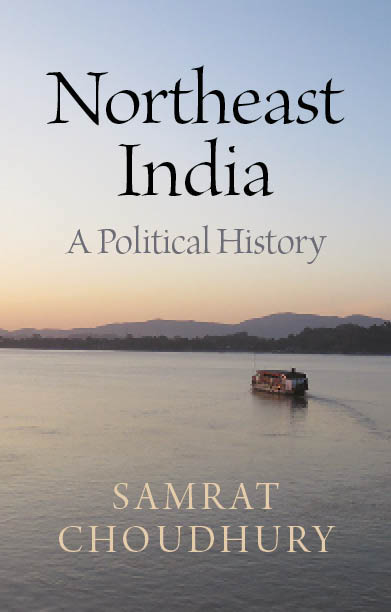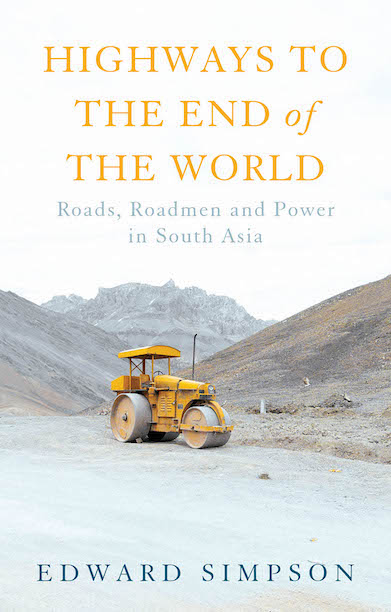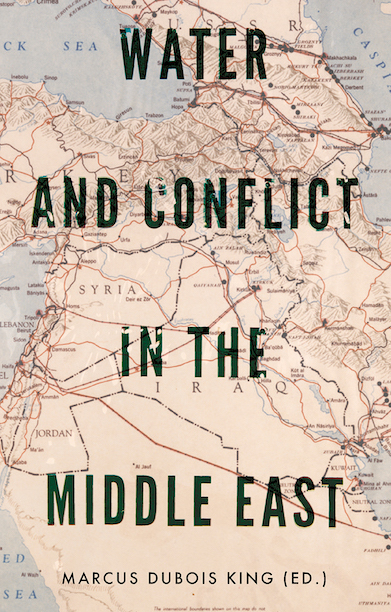Hooghly
The Global History of a River
A lyrical history of one of India’s great rivers—the entry-point of maritime commercial colonialism, and the life-sustaining waterway of Bengal and its former capital, Calcutta.
Description
The Hooghly, a distributary of the Ganges flowing south to the Bay of Bengal, is now little known outside of India. Yet for centuries it was a river of truly global significance, attracting merchants, missionaries, mercenaries, statesmen, labourers and others from Europe, Asia and beyond. Hooghly seeks to restore the waterway to the heart of global history. Focusing in turn on the role of and competition between those who struggled to control the river—the Portuguese, the Mughals, the Dutch, the French and finally the British, who built their imperial capital, Calcutta, on its banks—the author considers how the Hooghly was integrated into global networks of encounter and exchange, and the dramatic consequences that ensued.
Travelling up and down the river, Robert Ivermee explores themes of enduring concern, among them the dynamics of modern capitalism and the power of large corporations; migration and human trafficking; the role of new technologies in revolutionising social relations; and the human impact on the natural world. The Hooghly’s global history, he concludes, may offer lessons for India as it emerges as a world superpower.
Reviews
‘A rare and fascinating narrative of the Bengal delta, tracing the dynamic confluence of imperialist politics, mercantile ambition and economic progress that flowed through these waters. A history buff’s delight and a stimulating narrative of a global melting-point, bubbling into life through Ivermee’s detailed yet fluid rendition. Vivid, colourful and compelling.’ — Shashi Tharoor, Indian MP and author of Inglorious Empire
‘Brisk and judicious, Hooghly sets out to make the case for regarding a short river in Bengal as a crucible of global exchange. Based on original sources throughout, it succeeds quite brilliantly.’ — John Keay, author of India: A History
‘[A] compelling, scholarly and engagingly written account of the Hooghly [that] more than makes up for our lack of familiarity with Indian rivers other than the Ganges… Ivermee combines historical knowledge and erudition with a sense that history is not made simply by great men and impressive events, but by hordes of lesser human beings and smaller events which, taken together, change the way history progresses.’ — Asian Review of Books
‘An engaging study of one of the Ganges’s offshoots which has enjoyed attention beyond the boundaries of India… . Ivermee, a historian, sets his treatment of the river on a wide canvas, taking in ecology, economics, migration, social relations, and other dimensions that are connected, directly or indirectly, with the waterway.’ — Journal of the Commonwealth Lawyers’ Association
‘A compelling book, which uses the history of a river to tell a story about the connection and conflict of people from different worlds. Hooghly is both an excellent introduction to the history of Bengal, and a comment on the limited nature of all claims to power, in the face of human diversity and the force of nature. Essential reading.’ — Jon Wilson, Professor in Modern History, King’s College London, and author of India Conquered
‘Not a history of the river but how the Hooghly made history, attracting Portuguese, Muslim, English, French, and Danish settlements, all drawing in global networks of trade, radical ideas, literature, and technology. An unusual and fascinating approach.’ — Rosie Llewellyn-Jones, author of The Great Uprising in India 1857-58: Untold Stories, Indian and British and Portraits in Princely India, 1700-1947
Author(s)
Robert Ivermee is a historian of British and wider European colonialism in South Asia. He is Associate Professor at the Catholic University of Paris, and the author of Glorious Failure and Hooghly, both published by Hurst.
